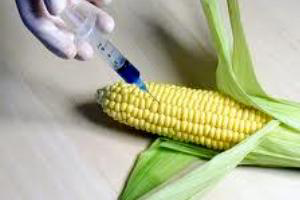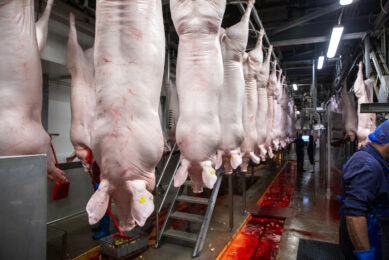Study finds no signs of nutritional problems from GMO feed

A review on a study carried out by the University of California, Davis reports that the performance and health of food-producing animals consuming genetically engineered feed, first introduced 18 years ago, has been comparable to that of animals consuming non-GE feed.
The review revealed that scientific studies have detected no differences in the nutritional makeup of the meat, milk or other food products derived from animals that ate genetically engineered feed.
The review, led by UC Davis animal scientist Alison Van Eenennaam, examined nearly 30 years of livestock-feeding studies that represent more than 100 billion animals.
Titled “Prevalence and Impacts of Genetically Engineered Feedstuffs on Livestock Populations,” the review article is now available online in open-access form through the American Society of Animal Science. It will appear in print and open-access in the October issue of the Journal of Animal Science.
Food-producing animals such as cows, pigs, goats, chickens and other poultry species now consume 70 to 90% of all genetically engineered crops, according to the new UC Davis review. In the US, alone, 9 billion food-producing animals are produced annually, with 95% of them consuming feed that contains genetically engineered ingredients.
“Studies have continually shown that the milk, meat and eggs derived from animals that have consumed GE feed are indistinguishable from the products derived from animals fed a non-GE diet,” Van Eenennaam said. “Therefore, proposed labelling of animal products from livestock and poultry that have eaten GE feed would require supply-chain segregation and traceability, as the products themselves would not differ in any way that could be detected.”
“To avoid international trade disruptions, it is critical that the regulatory approval process for genetically engineered products be established in countries importing these feeds at the same time that regulatory approvals are passed in the countries that are major exporters of animal feed,” Van Eenennaam said.
Collaborating on the study was co-author Amy E. Young in the UC Davis Department of Animal Science.
The review study was supported by funds from the W.K. Kellogg endowment and the California Agricultural Experiment Station of UC Davis.











